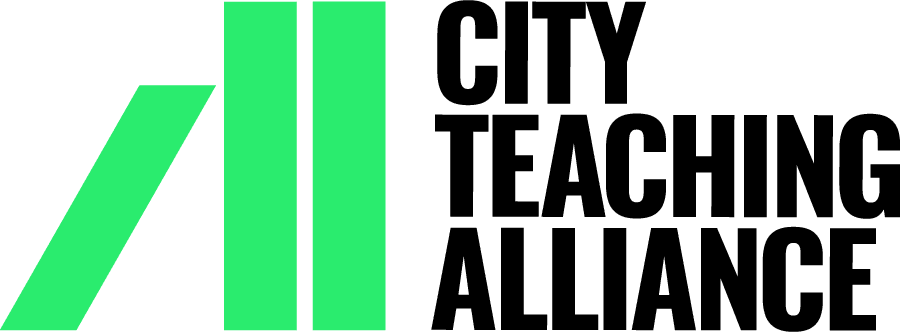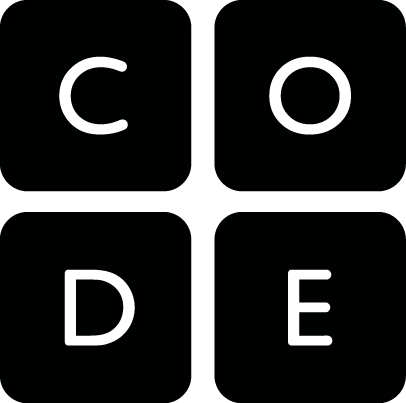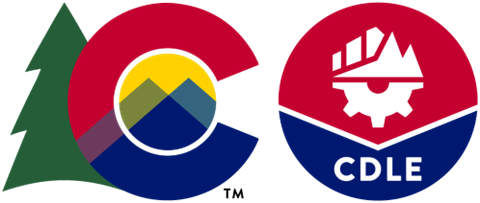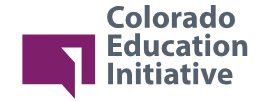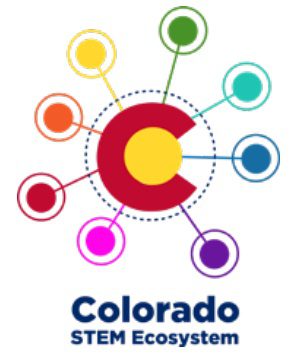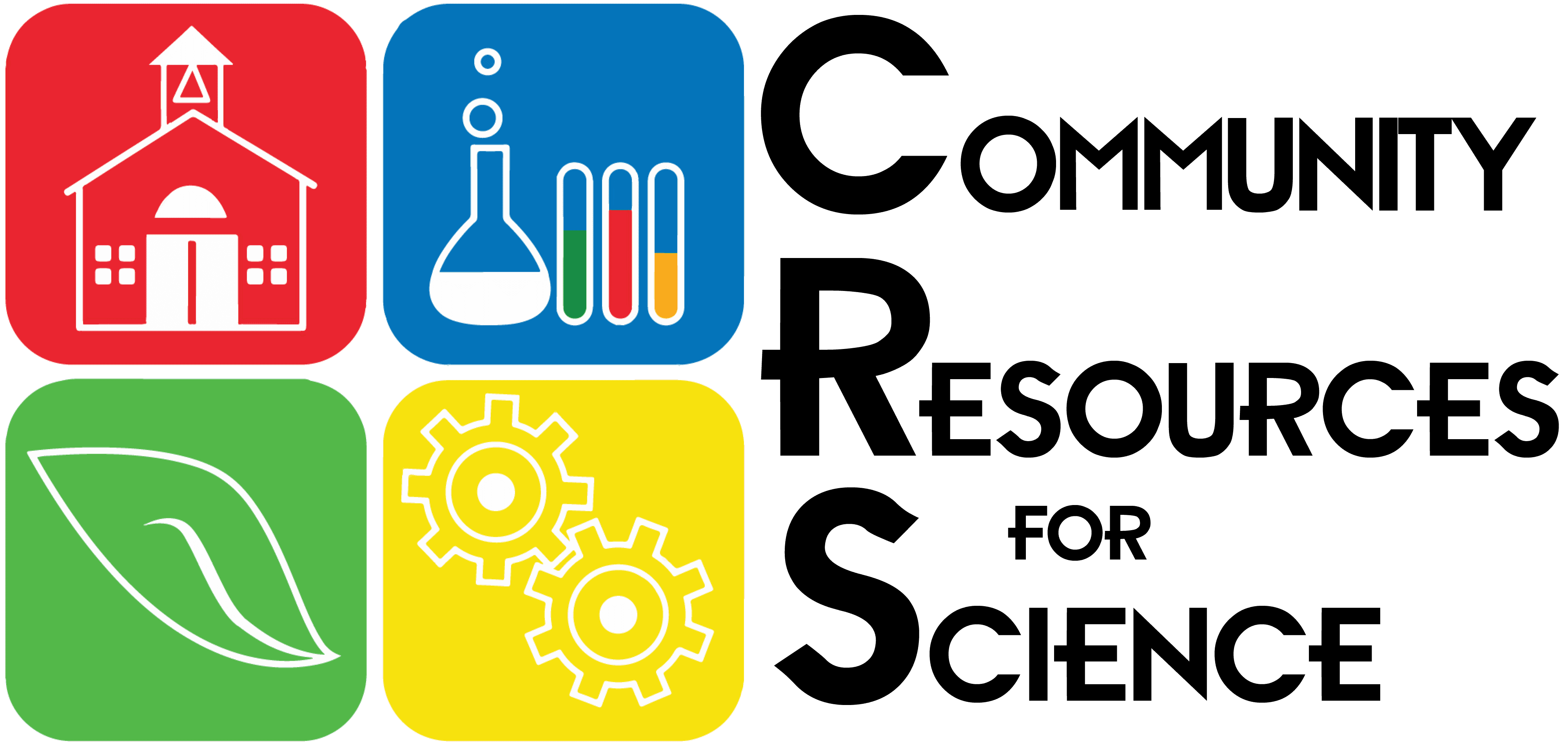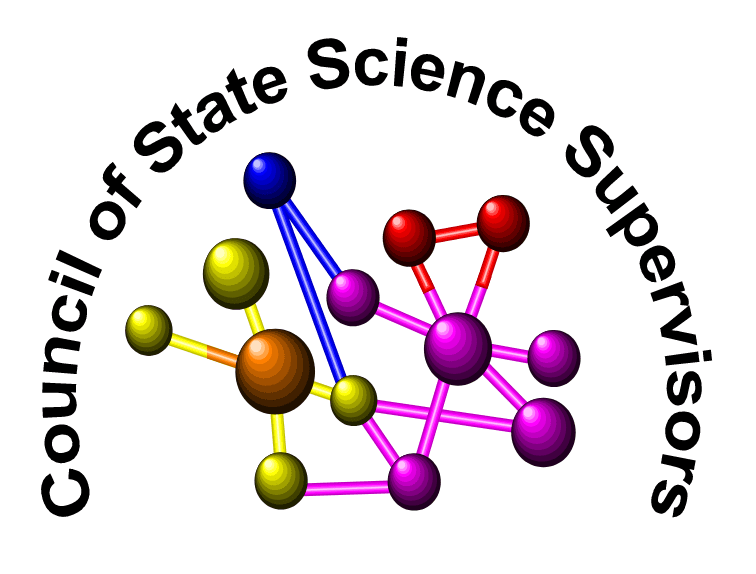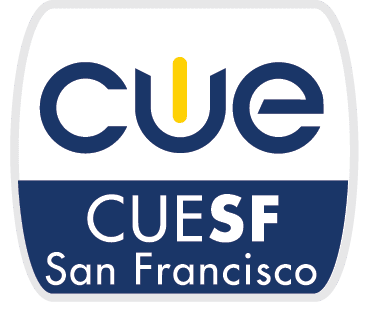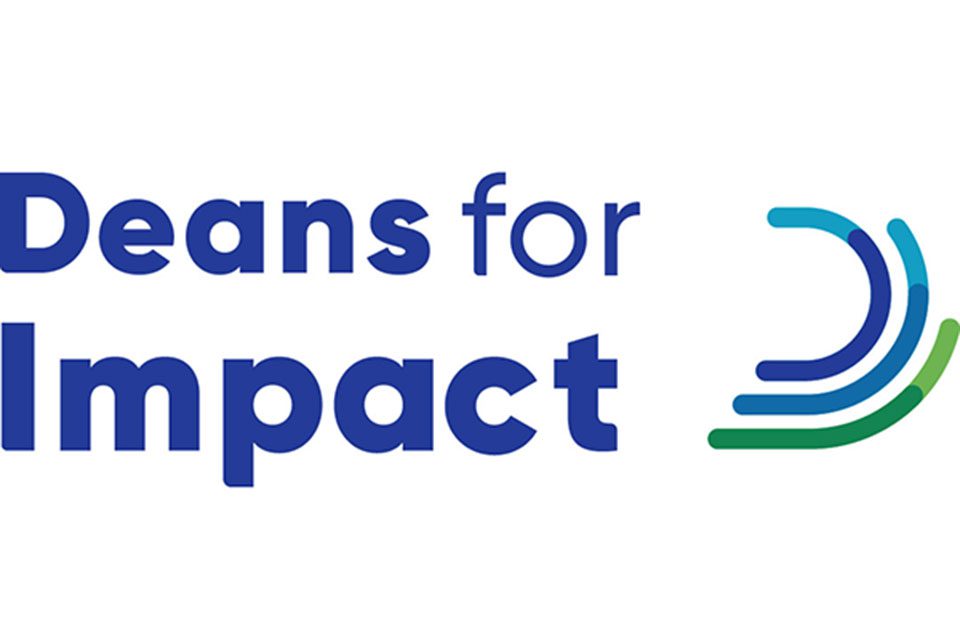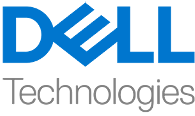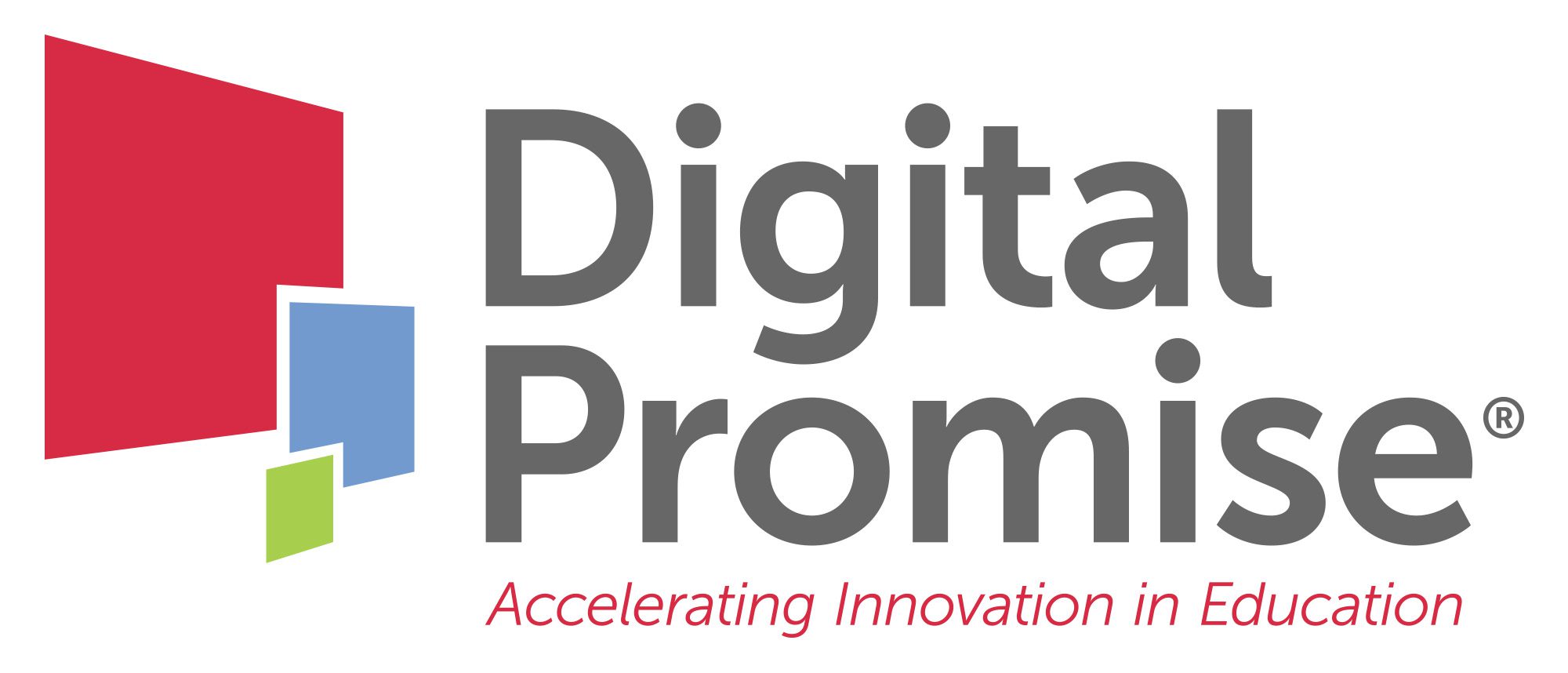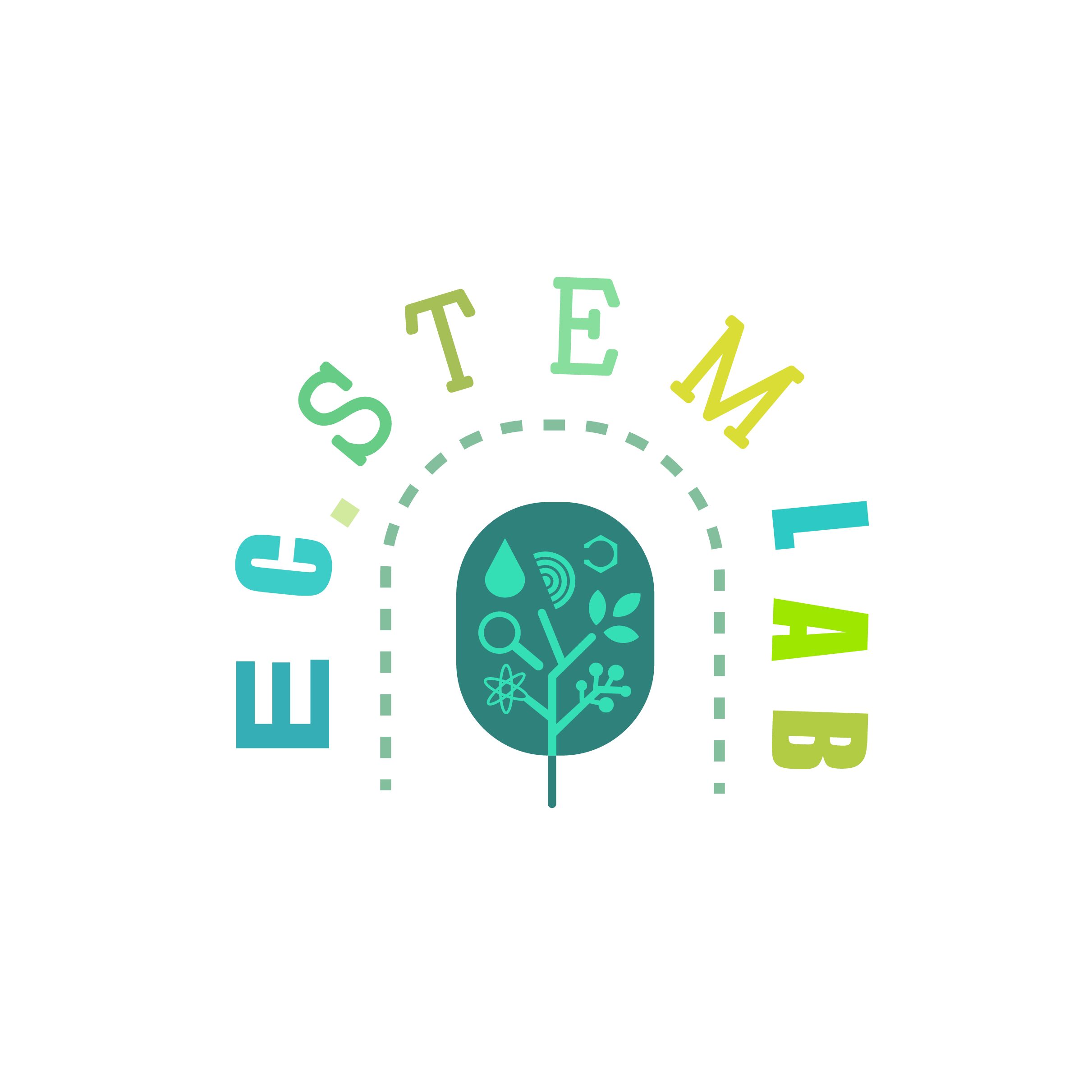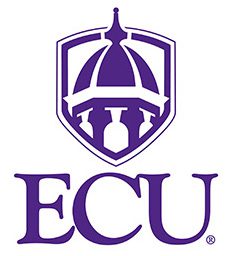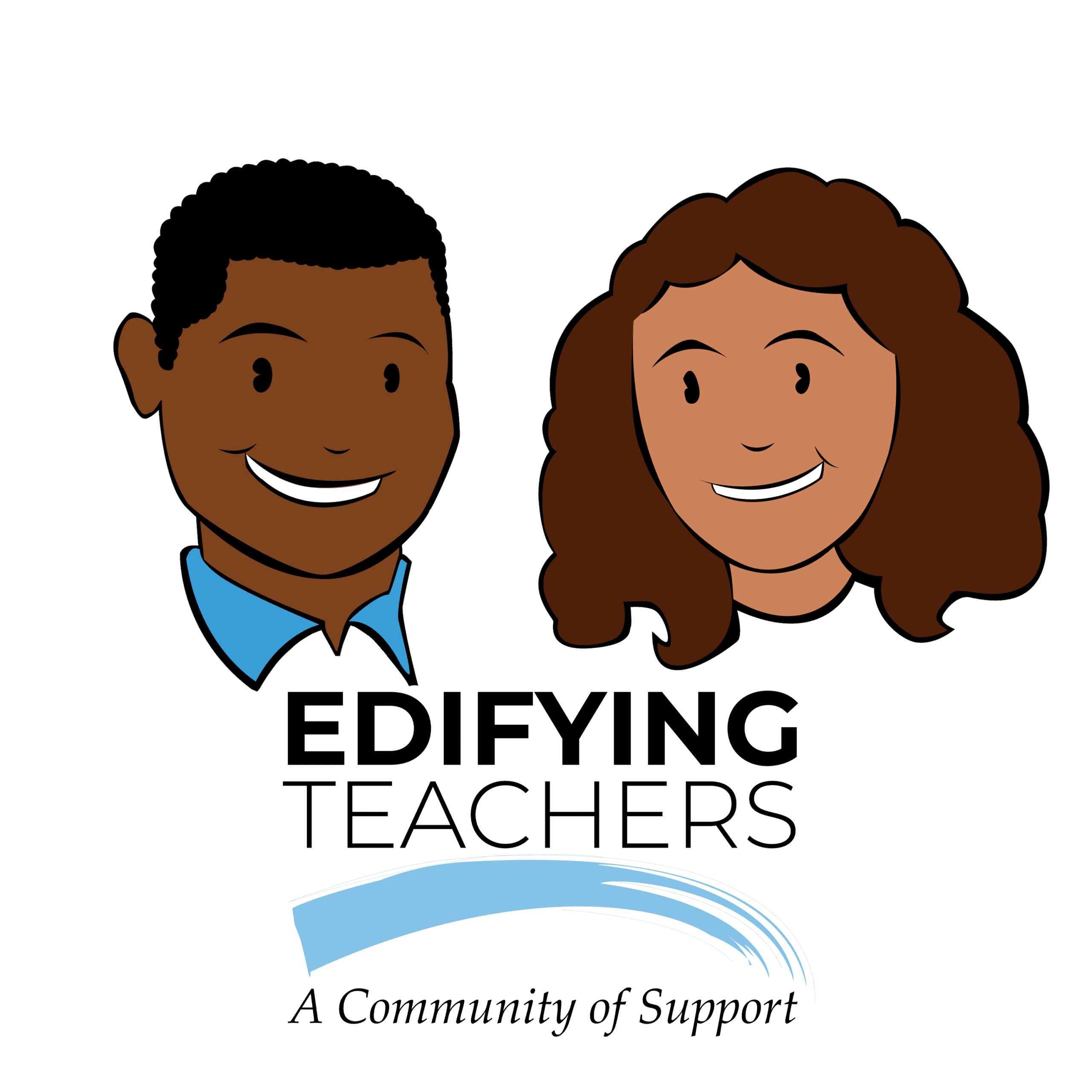Our Journey
In the last decade, we successfully prepared over 100K new STEM teachers who have helped strengthen and improve the field and our world. Over the next decade, we are looking to build on that progress by preparing and retaining 150K new STEM teachers who increasingly mirror the diversity of their school community, especially for schools serving majority Black, Latinx, and Native American students. We’lll support our network to foster workplaces and classrooms of belonging so that everyone we reach can see a path for themselves in STEM. And in the decade after that, we are hopeful that our commitment to this work will solve the STEM teacher shortage once and for all.

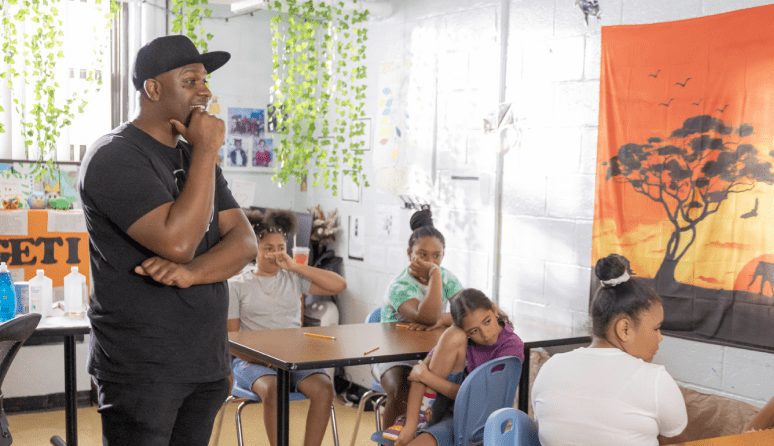
Our Journey and where we’re headed:
100Kin10
In 2011, we took up a call by President Obama to prepare 100K STEM teachers in 10 years alongside 28 partner organizations. By 2021, 300 organizations worked collectively to surpass our shared goal and we prepared nearly 110K excellent STEM teachers to the field. We did this by focusing our radical collaboration on:
Building a Network
of Diverse Stakeholders
Creating a Map of the System
Building tools for Making Progress
We support partners to succeed at their commitments and tackle the systemic challenges revealed by the map.
Collectively We Advance the Field
In 2021, Bellwether Education Partners conducted a third-party evaluation of our impact. They found that the network spurred five major advancements in STEM teaching and learning:
BETTER RECRUITMENT: 100Kin10 prep programs used improved strategies to recruit highly qualified STEM teacher candidates
IMPROVED PREPARATION: More STEM teacher candidates have access to evidence-based STEM preparation via 100Kin10 partners
EXPANDED EARLY STEM: 100Kin10 partner programs have increased emphasis on preparing and supporting elementary teachers with STEM skills, and in particular foundational math
ENHANCED PROFESSIONAL DEVELOPMENT: More teachers have access to quality STEM professional growth and collaborative work environments via 100Kin10 partners
MORE AUTHENTIC STEM: More teachers and students have access to meaningful, authentic, and rigorous STEM learning via 100Kin10 partners
GRAND CHALLENGES
The future of our country depends on today’s students becoming tomorrow’s innovators. We believe that young people have infinite potential and that when that potential is nourished in STEM classrooms, they will bring to life out of this world solutions to our biggest challenges. This is why we must tackle the underlying causes of our nation’s shortage of excellent STEM teachers. So we identified the 100 challenges to preparing and retaining great STEM teachers and created a roadmap that points the way toward transforming STEM education.
THE UNCOMMISSION
In 2021, nearly 600 young people shared their K-12 STEM experiences through a diverse, participatory storytelling effort called the unCommission. We knew their input was critical in order to identify action-ready considerations for the future of STEM learning and opportunity. Now, their voices are guiding our next chapter and goal on this journey to end the STEM teacher shortage with equity, representation, and belonging at the center of this work.


Our Next Shared
GOAL
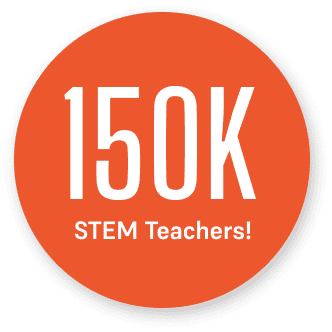
OUR NEXT SHARED
GOAL
STEM has never been more important to our future.
The people who will cure cancer and dementia, desalinate water, help us avoid future pandemics and solve challenges unknown or invisible are in our nation’s classrooms today. And, we cannot solve these challenges without ensuring those most under-represented in STEM are centered in the work ahead.
To achieve our next shared goal, we are relaunching and growing our network with an explicit focus on Black, Latinx, and Native American teachers and students. In order for students to succeed in STEM, they need to feel that they belong in STEM classrooms and careers. That’s why we’re preparing and retaining 150K teachers in STEM, with an explicit focus on creating a sense of belonging and equity in our classrooms, and beyond. And we cannot wait for you to join us.
Change requires all of us.
Radical collaboration among change-makers across industry and sector is the only way to effect real progress and move our world forward. Our role is to mobilize our network with a focused strategy, clarity of purpose, and vision for achieving change.
Together we can make momentous change in our world.
The Chicago Academy of Sciences / Peggy Notebaert Nature Museum
Commitment
By 2027, the Chicago Academy of Sciences / Peggy Notebaert Nature Museum will rebuild from the impact of COVID, doubling our reach to 500 teachers across 100 Chicago schools per year with science partnership programs that engage students in locally-focused, nature-based STEM learning. During these partnership programs, teachers will participate in supportive, multi-touchpoint experiences built around four interlocking components to build science teaching identities, spark curiosity and catalyze confidence, make (science) teaching accessible, personally relevant, rigorous, and customized for each teacher and their students. The four components are: (1) locally based science curriculum and instructional resources focused on urban and Chicago natural phenomena (many which are observable by students first hand), (2) in-classroom support through museum-educator led classroom teaching, (3) PD where teachers explore student activities, background content information, their own personal-interests/questions, collaborations with other teachers, and instructional strategies, and (4) field trips (indoor and outdoor) to connect learning to real world settings in Chicago.
By 2027, the Chicago Academy of Sciences / Peggy Notebaert Nature Museum will engage 25 Black, Latinx, and/or Native American pre-service teachers in collaborations with their mentor teachers during the student teaching period, using our school partnership programs. Though we currently work with Black, Latinx, and/or Native American STEM teachers in our programs, we do not currently collaborate with pre-service teacher programs to engage these educators with extensive STEM supports during this pivotal point in their teaching careers. Other opportunities to work with pre-service teachers in a lighter-touch partnership model has shown that they build science teaching identities that are different from the science learning experiences they went through in school when they partner with the Nature Museum through experiential learning and PD. We commit to building out a multi-touch point partnership program with pre-service teachers and university partners who support Black, Latinx, and/or Native American education students during their student teaching.
By 2027, the Chicago Academy of Sciences / Peggy Notebaert Nature Museum will rebuild from the impact of COVID , doubling our reach to 500 teachers across 100 Chicago schools per year with science partnership programs that focus on the integration of Social-Emotional Learning into academic (science) instruction and include interaction with museum staff + instructional resources with explicit examples of Black, Latinx, and/or Native Americans doing science. In addition, we will remove Western Science concepts that conflict with Indigenous perspectives (e.g. what’s ‘living’ or ‘non-living)’ and explicitly include Nature Museum staff and partners of Black, Latinx, and/or Native American backgrounds in student experiences and in curricular resources so that as students reflect on themes of who does science, they can connect parts of their own identities to examples they see.
City Teaching Alliance
Commitment
City Teaching Alliance is making five commitments to support equity, representation and belonging. First, City Teaching Alliance (CTA) will create and launch a Latinx STEM strategy which will address the specific needs of Latinx STEM educators and potential STEM educators in CTA’s network of 300 schools. Second, CTA will strengthen existing STEM offerings and include a STEM focus and innovative coursework which prioritizes Anti Racist STEM education for 1000 early career teachers in the CTA network. Third, CTA will launch a Antiracism STEM Education Institute centered in Anti Racist professional learning in STEM to serve 1000 STEM teachers in Baltimore, DC, Dallas and Philadelphia. Fourth, CTA will launch a named STEM pipeline program aimed at attracting, admitting, preparing, mentoring and deploy 50 Black men into schools and communities serving Black children. Lastly, CTA will launch a named STEM pipeline program aimed at attracting, admitting, preparing, mentoring and deploy 50 Black women into schools and communities serving Black children.
Code.org
Commitment
By 2029, Code.org will support 92,500 K-12 STEM educators to cultivate STEM-inclusive classrooms with a focus on the needs of black/African American students, Hispanic/Latino/Latina/Latinx students, and Native American/Alaska students through a variety of high-quality professional learning (PL) opportunities, including self-paced PL modules, custom PL workshops, traditional K-12 PL experiences, and scholarship opportunities for teachers from schools with high percentage of underrepresented student racial/ethnic groups in CS. As a result of this work, students will feel belonging in STEM as evidenced by over 250K AP CS and industry certification exams taken and passed, with a narrowing of assessment gaps for underrepresented groups on the AP CS exams. This will also be evidenced by the success of our NAIPI (Native American Indigenous Peoples Initiative) by a minimum of 15% increase in Native American and Indigenous students in CS. This will impact learning for approximately 8.5 million K-12 students over five years.
Colorado Department of Labor and Employment
Commitment
By 2029, the Colorado Department of Labor and Employment’s Teacher Externship Program will support at least 300 K-12 educators in cultivating STEM-inclusive classrooms, with a focus on the needs of Black, Latinx, and Native American students. Through externships that provide hands-on professional learning experiences in high-growth, high-demand STEM workplace environments, teachers will gain a deeper understanding of industry practices. This knowledge will enable them to deliver more relevant content to students, better preparing them for meaningful careers in STEM-related fields. Over five years, these teacher externships will impact the learning of at least 30,000 students.
Colorado Education Initiative
Commitment
CEI will partner with CYC to recruit AmeriCorps members doing their first, second, or third year of service to join the teacher pipeline by giving them the tools and resources needed to find the best pathway for them. CEI aims to see an increase in interest of members joining the teacher pipeline throughout the school year.
Colorado Education Initiative will create a support network for teachers of color in their first, second and third years.. These support networks will include more veteran educators of color who have years or decades of experience to share, but also teachers who are still in their first five or so years who can relate to having recently gone through the first few years of being an educator. We believe that it will be important for new teachers of color to have another trusted teacher of color they can rely on to talk through any issues they might be facing.
For ten years Colorado Education Initiative has hosted Advanced Placement for All Summer Institute (APSI) serving more than 400 teachers from around the country and the globe. CEI will host APSI again in 2023. This one-of-a-kind training event provides AP teachers with the tools, strategies, and resources to ensure all students succeed — including those who aren’t top achievers, and students who are learning English or living in poverty. Institute presenters will work with teachers to develop deeper content knowledge in their AP subjects, and identify strategies to effectively reach diverse student populations – students who might not otherwise consider enrolling in AP classes.
Colorado STEM Ecosystem
Commitment
By 2029, CO STEM will work to better connect pK-20 STEM student learning experiences to broaden access to careers and higher education. The Ecosystem helps 260 member organizations to share promising practices for closing STEM opportunity gaps so that members can connect directly to learn from each other and collaborate, supporting a more efficient use of resources and time. We commit to growing the number of member individuals and organizations by 25 each year, and that the membership will increasingly proportionally reflect the regions and communities of the state, especially in ten communities that have been historically underserved and under-resourced. We will continue to equitably expand our network with critical analyses of engagement by region, sector, and population served, sharing this data with the public. We will continue to work toward engaging policy makers, donors and funders, and industry to be in dialogue with and in support of pK-20 STEM teaching. We will continue to build and disseminate our tools for partnership building and equitable dissemination of resources and opportunities. As a result of these efforts, residents of Colorado will experience shrinking STEM opportunity gaps and students who have agency to enter the workforce.
Community Resources for Science
Commitment
By 2027, CRS will support 1,500 TK-8th grade educators to cultivate classrooms of belonging with a focus on the needs of Black, Latinx, and/or Native American students through three interconnected, equity-centered strategies: science professional learning collaborations that center equity and diversity; in-class science education outreach programs led by scientists of color & incorporating representation of scientists of color or culturally inclusive phenomena and stories; and Champions of Discovery student-belonging-centered science teaching challenge. The educators who participate in CRS’ programming will impact learning for 7,500 TK-8 students per year.
Council of State Science Supervisors
Commitment
By 2030, the Council of State Science Supervisors (CSSS) will strengthen state-level systems to support and retain science educators by advancing equity-focused tools, professional learning, and leadership development. Through CSSS annual conference sessions and NSTA/CSSS biannual conference sessions, we will provide state STEM leaders and STEM teachers with resources for high-quality K-12 science teaching and learning aligned with the NASEM’s report Call to Action for Science Education: Building Opportunity for the Future (2021). We are committed to increasing access for all students to high-quality equitable science education.
CUE San Francisco (CUESF)
Commitment
By 2030, the volunteer-run organization CUESF will support 300 teachers to cultivate classrooms of STEM belonging, with 60% of teachers serving in schools that primarily serve Black, Latinx, and Native American students. We will do this by offering biannual free professional learning opportunities for our community, creating monthly newsletters that highlight local educators in schools with Global Majority youth, and offering virtual tips to our educator community. Our community work will lead to educators reporting increased confidence in their ability to use new digital tools in their classrooms, and in concrete examples of students experiencing teaching that centers voice and choice in their use of technology as part of their core academics. We are uniquely positioned to do this work as 90% of our team works in the same schools that we support through our professional learning: we are deeply connected to our educator community, and intentionally use member surveys, empathy interviews, and informal conversations to drive the direction of our Techquity-aligned programming.
Data Science for Everyone
Commitment
“DS4E will aim to recruit 2,000 teachers by 2027, and develop discrete communities for educators in math, science, as well as social studies / history, humanities, and other subjects to leverage the unique opportunity for data science to build wider on-ramps to STEM. DS4E will target recruitment to teachers in Title I schools, aiming to provide support for at least one Title I school in each of the 50 states. We will also create dedicated spaces for teachers from Title I to engage in cross-district or cross-state collaboration, and share both knowledge and strategies relevant to Title I settings. We will also identify and assess the need for creating dedicated affinity groups (Black, Latinx, and/or Native American teachers) and teaching diverse student groups (i.e. students with disabilities) to further increase relevance for participating educators. DS4E will regularly survey community members to assess value-add and retention – as measured by participation in the group itself and by retention in the schools we work with.
Data Science 4 Everyone is making five commitments to support equity, representation and belonging. First, DS4E will aim to recruit 2,000 teachers by 2027, and develop discrete communities for educators in math, science, as well as social studies / history, humanities, and other subjects to leverage the unique opportunity for data science to build wider on-ramps to STEM. Second, we will create dedicated spaces for teachers from Title I to engage in cross-district or cross-state collaboration, and share both knowledge and strategies relevant to Title I settings. We will also identify and assess the need for creating dedicated affinity groups (Black, Latinx, and/or Native American teachers) and teaching diverse student groups (i.e. students with disabilities) to further increase relevance for participating educators. DS4E will regularly survey community members to assess value-add and retention – as measured by participation in the group itself and by retention in the schools we work with. Third, DS4E will create and expand alternative credential pathways for teachers in data science education, leveraging infrastructure in CTE education and expanding collaboration with math, science, and other K-12 subject areas to fill new roles. DS4E will aim to support the creation of new credential pathways in 5 states by 2027 by facilitating partnerships between state departments of education, K-12 districts, and industry. This new credential pathways will primarily serve Title I school districts, with a target of at least 50% of program participants serving in Title I schools. Fourth, DS4E will partner with Historically Black Colleges and Universities (HBCUs) and Minority Serving Institutions (MSIs) to develop early pipeline programs to recruit graduates from technical fields, including computer science, statistics, mathematics, and data science into K-12 teaching. DS4E will aim to support early pipeline programs at 3 institutions by 2027, and match Black and Latinx graduates interested in teaching with local K-12 schools and districts. Third, DS4E will commit to creating a targeted, cross-sector R&D initiative for teaching students with disabilities or other learning differences in data science. CS, AI, DS, and other technology-related disciplines present serious challenges for students with disabilities, including highly abstract terminology, complex syntax, and high reliance on visual manipulation/analysis (programming console, data visuals) for completing work that is core to these disciplines. DS4E will launch a 5-year campaign to increase awareness, research, and funding to develop novel solutions for both data science education and the broader professional field. “
Deans for Impact
Commitment
By 2029, Deans for Impact will continue its efforts to ensure every child is taught STEM by a well-prepared teacher by equipping future teachers with tools to create rigorous, equitable, and inclusive classrooms so that all children thrive. We will do this by, building the capacity of 100 leaders of educator-preparation programs to make equitable instruction a priority within their own programs Championing policies to make all pathways into teaching affordable, practice-based, and focused on instruction to create conditions in at least 4 states that lead to a 10% increase in teachers, especially teachers of color, completing practice-based, instructionally-focused pathways Supporting teacher-educators to redesign learning opportunities for aspiring and early-career teachers, especially aspiring teachers of color and those from low-income backgrounds, that bring the science of learning into teaching practice, with an equity-centered focus on literacy, math and the identification and use of high-quality instructional materials.
Destination Imagination, Inc.
Commitment
Through specific and targeted outreach to Title I school teachers that primarily serve Black, Latinx and/or Native American students, Destination Imagination plans to build relationships with 1,000 STEM teachers that prepare them to provide meaningful informal STEM learning experiences for the youth that they serve through a mix of online training and in-person training.
Through dedicated outreach using at least five of Destination Imagination’s 40+ affiliated local nonprofits, DI plans to invite, encourage and support Black, Latinx and/or Native American adult educators to participate in Destination Imagination programming. These individuals will gain the skills necessary to provide project-based STEM educational experiences to diverse populations. These individuals will then take their skills and training and apply them to informal STEM environments for Black, Latinx and/or Native American youth to participate in growing their personal STEM identities.
Destination Imagination is planning to build one specific online training that is focused on how teachers can better serve the unique needs of a majority Black, Latinx, and/or Native American student populations. Potential educators will need to successfully complete the training in order to be approved to work with the aforementioned student population. DI also plans to continue its equity-focused programs like the imagineXperience and Envision: Young Innovators Exchange as clear vehicles to reaching more students of color.
Through our Diversity, Equity, Inclusion and Belonging committee, DI will continue to survey, listen to its audience, make recommendations and changes to programs and policies that aim to foster belonging in DI’s programs. In order to accomplish this the DEIB committee will send out pre- and post- surveys at the beginning and end of the school year to analyze and assess feedback. The DEIB committee will also commit to engaging and bringing on at least two new full-time committee members to the committee every calendar year to ensure diverse voices are being heard in the process of continuous improvement.
Digital Promise
Commitment
By 2029, Digital Promise will impact the STEM Teaching pipeline by supporting educators and districts to develop the STEM workforce with regional initiatives (beginning in the San Diego region) in which we reimagine the current education-to-workforce pipeline as an inclusive system of flexible pathways. As a result, teachers across 10 public school districts will be supported to ensure students are on a path to STEM careers, and 100,000 San Diego area students will be equipped for success in modern STEM careers.
DSST Public Schools
Commitment
DSST will document and share best practices around STEM teacher support and industry partnership through regular onsite observation days, video content on the DSST website, and community engagement opportunities reaching 1,000 school administrators, educators, and STEM stakeholders over the next five years. Will provide career exploration and industry-aligned experiences to all DSST students to ensure that students have rich and meaningful experiences that give them access to STEM majors and careers if they choose.
Early Childhood STEM Lab
Commitment
The Early Childhood STEM Lab at East Tennessee State University will support 250 preschool educators over the next five years in our Preschool STEM Institute. The Preschool STEM Institute (PSI) is a virtual, interactive, hands-on, minds-on professional learning experience focused on STEM and integrated STEM learning created for coaches, directors, master teachers, and anyone who supports preschool teachers. The purpose of the PSI is to build the capacity of attendees in their abilities and confidence in supporting and coaching preschool educators in their knowledge and confidence in STEM and integrated STEM teaching and learning in preschool settings. The PSI was created to increase the reach and cost-effectiveness of preschool STEM education supports, extending resources that were co-created with educators and researchers as part of two grants from the National Science Foundation and that were found to positively impact preschool teachers directly. The preschool educators will be supported with specific content around engaging and supporting students from diverse backgrounds, and we will support at least 20 Black, Latinx, and Native American educators to participate in this event at no cost by Fall 2029.
Center for STEM Education at East Carolina University - ECU
Commitment
By 2027, we will work to provide 25% more STEM teachers (for a total of 1076 STEM teachers) with professional development, using multiple platforms, such as in-person workshops, distance workshops, and with our partnership with PBS-NC data casting. To do this, we will increase enrollment in our current programs, such as Advanced Placement Institute and our custom professional development programs, and also develop new STEM engagement workshops. We aim to build partnerships that will increase the center’s capacity to reach teachers outside of our traditional service region. We will add components into our custom professional development around equity, diversity, inclusion and access (DEIA). These sessions may include the use of culturally responsive pedagogy and creating an environment for inclusive excellence. These workshops can include identifying proper assessment tools, how to take a deep-dive into the analysis and draft outcomes from the analysis, and best practices on how to discuss lessons learned and problem solving for DEIA.
Edifying Teachers
Commitment
Over the next five years, through existing and developing partnerships with schools and districts across the U.S., Edifying Teachers will support and retain 100,000 pK-5 STEM educators and 50,000 STEM educators in grades 6-12 who serve primarily Black, Latinx, and/or Native American students. Edifying Teachers, a global network of dedicated master teachers, is ready to activate more of its highly effective STEM educators to provide personalized, culturally sustaining mentorship with a special focus on professional mentorship among teachers of color. As a result, educators will stay, grow, and thrive in the profession and students will have a greater sense of belonging – and success – in STEM pathways. This will provide a positive impact on STEM learning for 1 million students per year by 2029.



